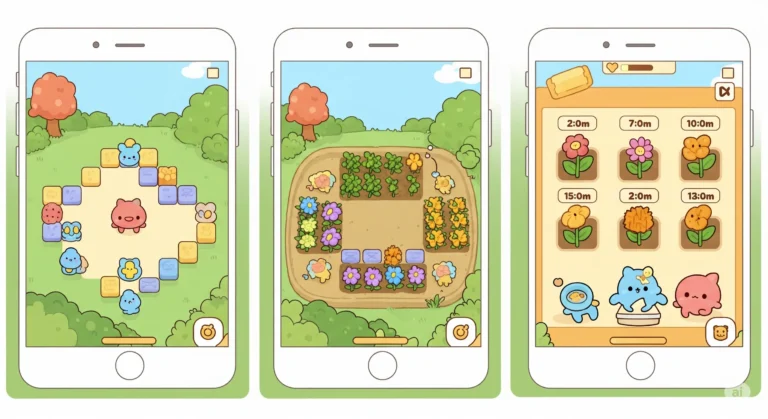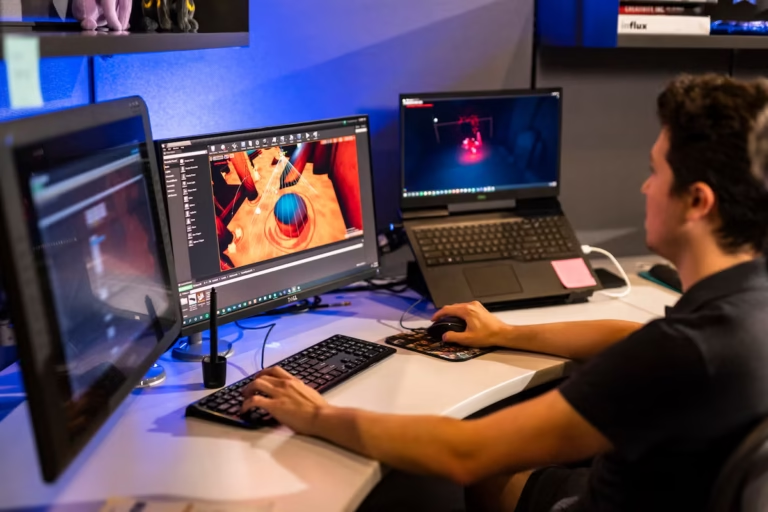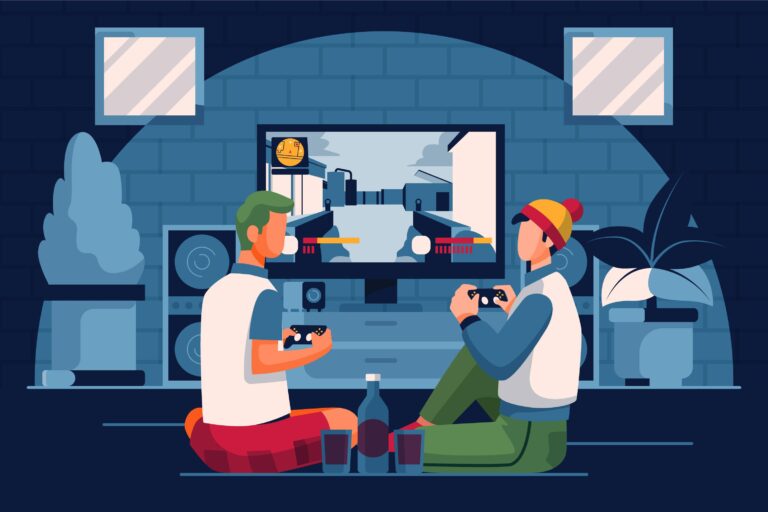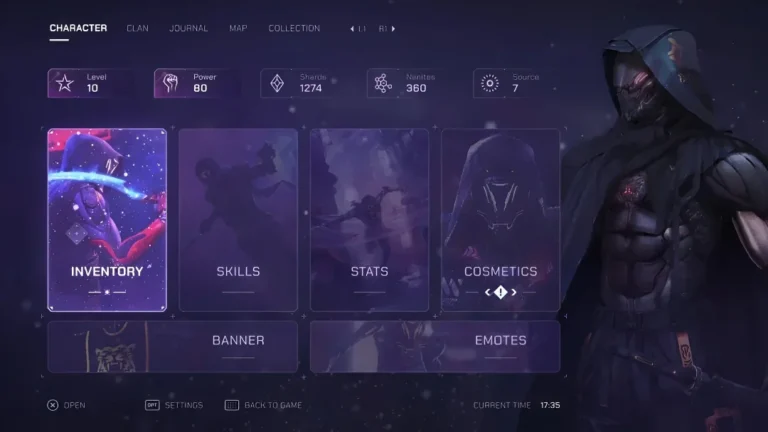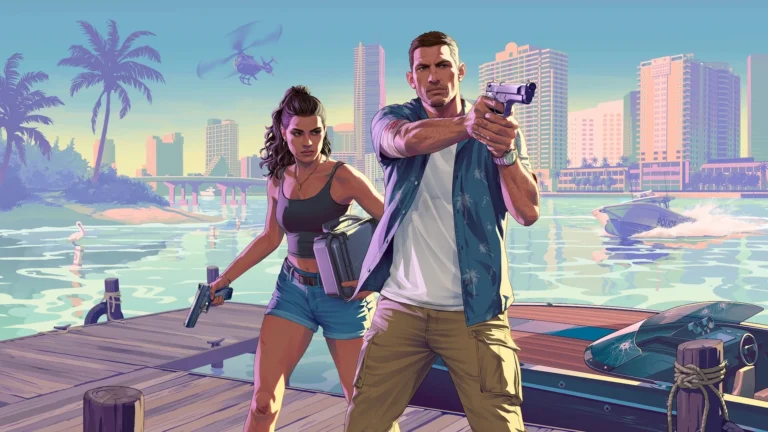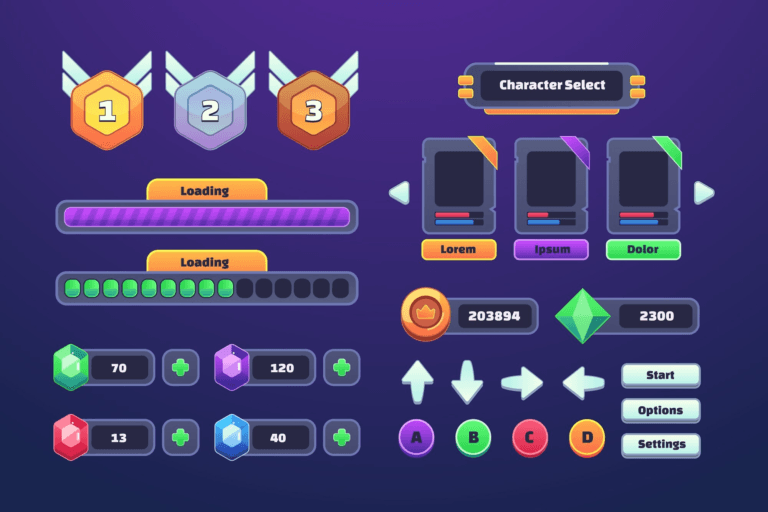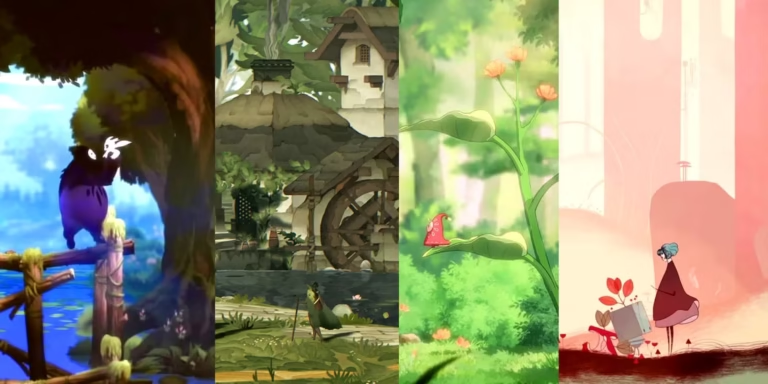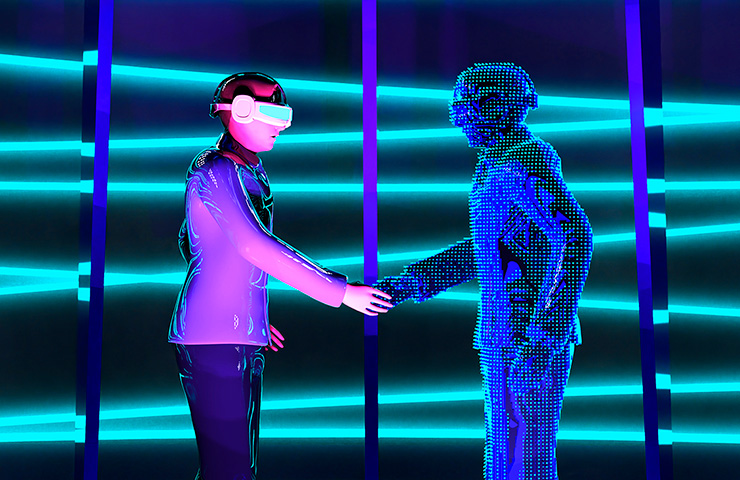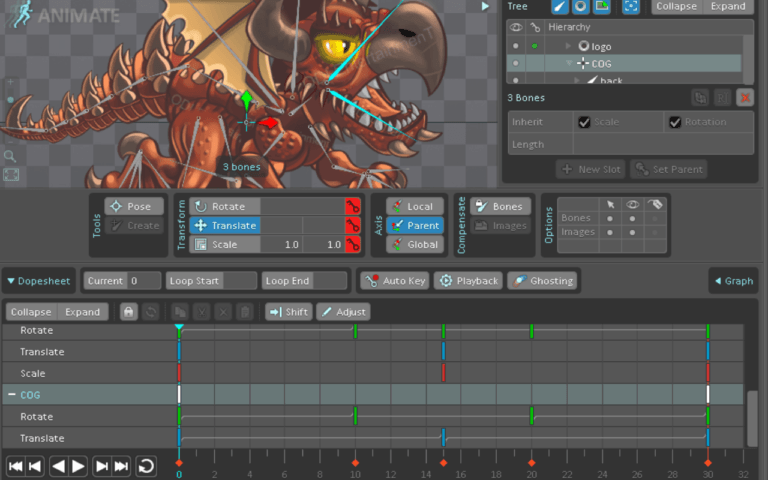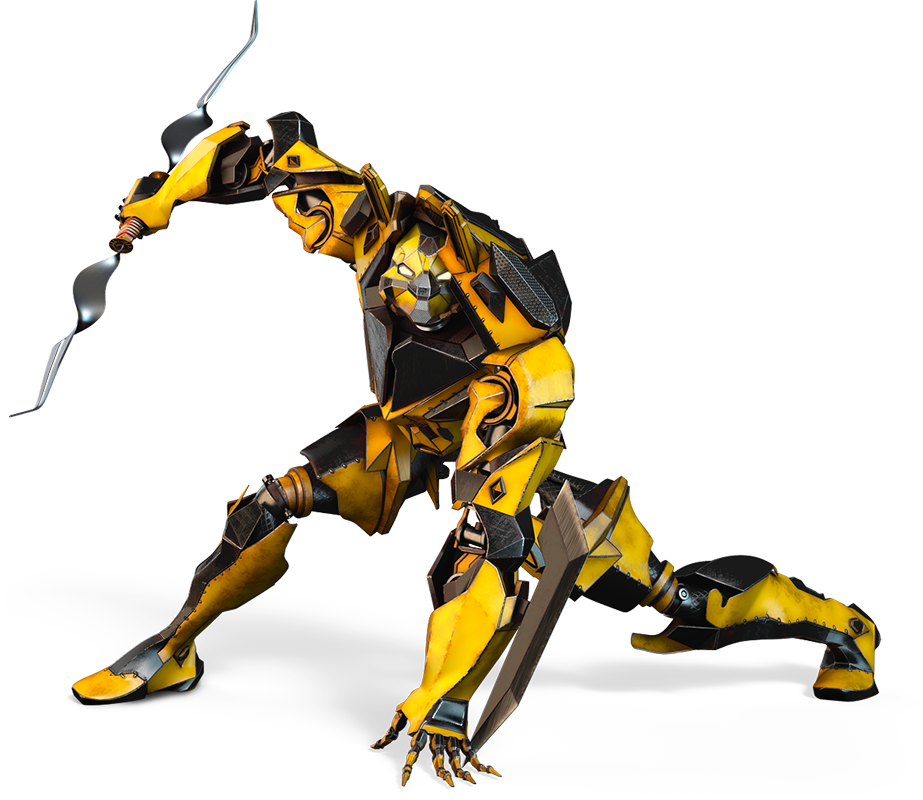A Game Director shapes a video game’s creative vision and oversees its production. They lead the development team and make key gameplay, story, art direction, and player experience decisions.
The role of “Creative Director” has emerged as development shifted from publishers to developers. Usually, only one creative director is involved in a project, which is more common in larger studios.
In this article, we will discover who a game director is, their roles, and what the job description entails.
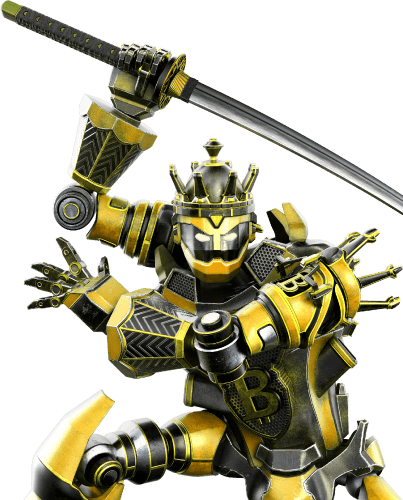

Need Game Art Services?
Visit our Game Art Service page to see how we can help bring your ideas to life!
Who Is a Game Director?
Since the specific responsibilities of this profession differ from one agency to another, it can be challenging to precisely define the duty of a creative director for video game creation.
However, ensuring that a video game project looks fantastic in every way is the central goal of all creative directors for video game design.
- Most creative directors will manage and collaborate with the 2D/3D animators, motion graphic artists, illustrators, video game designers, and other specialists participating in the game art studio.
- The video game design creative director, frequently regarded as the foremost expert on all aspects of the visual side of a video game, may need to develop strategies to move a project forward and keep it on course while maintaining its originality.
Team leadership and motivation are crucial skills, as is communication. - Most creative directors get to this position through their employment as video game designers.
- They must keep up with the latest computer software, hardware, and tools.
- A creative director needs to have a lot of creative talent and be skilled in all the visual elements involved in making a video game.
- The creative director may also be responsible for hiring qualified team members, creating and managing the project budget, planning the project scope, organizing the work of several departments, making some design decisions, reviewing and approving timelines, quality-controlling, and presenting design concepts and materials to clients.
Game Director Job Description
The tasks of a game director change depending on the team’s requirements:
Meeting with department heads, creating and maintaining timetables, coordinating across departments, controlling the budget, approving concepts and assuring their delivery, and even presenting their ideas are all possible responsibilities of a video game director.
- Due to the possibility of a tough day, game directors’ requirements are extremely broad.
Typically, game directors have worked in many levels of the pipeline before landing the position of creative director for video games. - Video game directors have significant responsibilities, and their pay reflects this. The compensation is reasonable because the demands and duties are relatively high.
In contrast to other roles in the production pipeline, the job description for the game director truly changes over the various stages. - The video game director meets with a small group that includes developers early in the production process to discuss the game’s fundamental structure, which can include plot and gameplay.
- A smart game director will pay special attention to the level of design, animation, and other assets needed to realize the creative vision during that process.
- Later, the game director’s duties change into a contributor function, where they attend meetings to monitor development and ensure deadlines are reached.
Video game directors typically need to stay current with the software suites needed for game creation to support departmental goals in the pipeline. This requires constant skill development.
If you are a fan of new trends in the game industry, you may find our article useful.
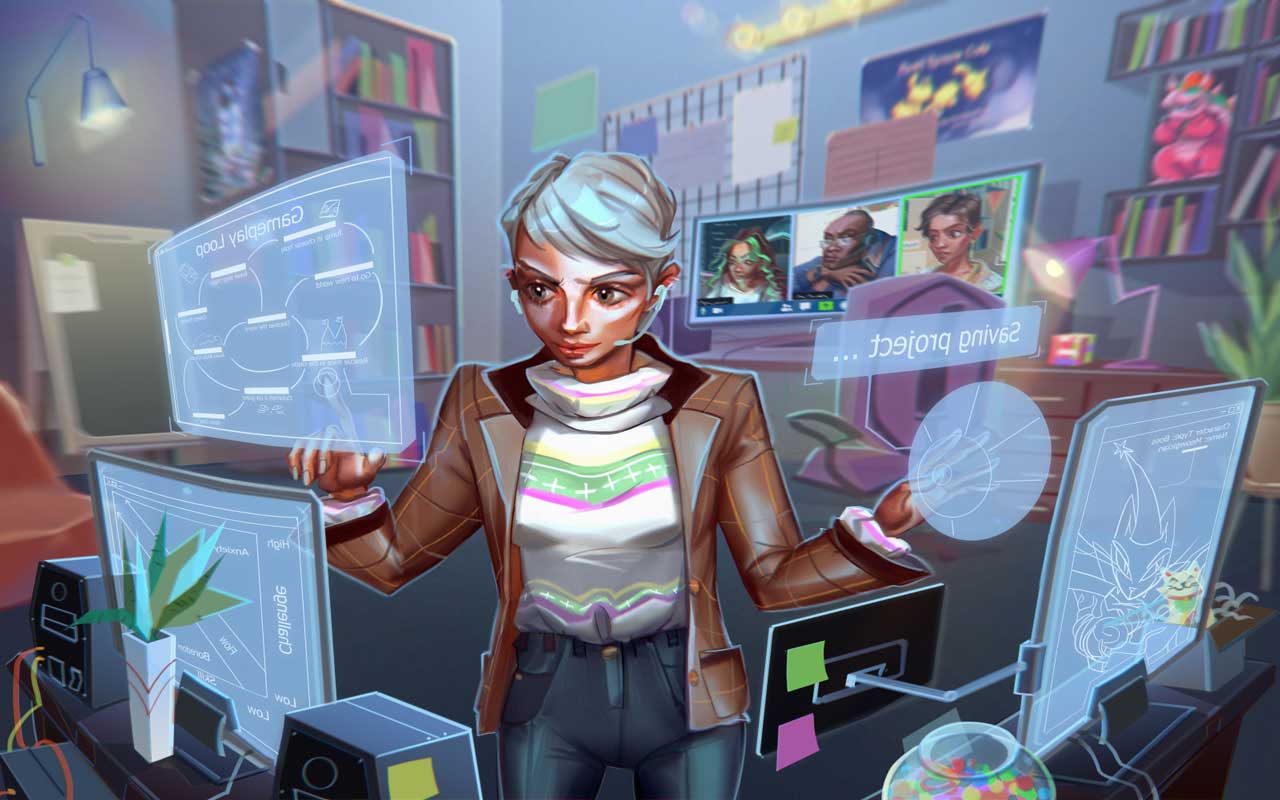
Defining the Role
On a daily basis, a game director may:
- Map out narrative arcs and design mechanics to create an immersive gameplay experience
- Review character concepts and provide notes to improve believability
- Ensure consistency in visual elements like lighting and textures
- Scout and integrate impactful audio effects and musical scores
- Construct production schedules, budgets, and milestones across a 2-4-year dev cycle
- Coordinate between departments to ensure collaboration
- Anticipate technical hurdles around new platform capabilities
- Motivate the team through long hours of problem-solving
- Liaise between creative leads and upper management
Read More: Game Director vs. Creative Director
Becoming a Game Director
Game directors often work their way up after years as designers, programmers, or artists.
Before directing full-game projects, they may lead DLCs or modest expansion packs. Slowly earn trust inByKey lessons during this career journey include:
- Learning Specialized Skills:
Whether starting in art, coding, or design, master one discipline inside out. Respect is earned through specialized contributions.
- Understanding Collaboration
Observe how each role fits into the overall production pipeline. Ask questions beyond your niche. Dissect how art assets integrate into builds and how underlying code affects design.
- Analyzing Games Critically
Deconstruct games, both old and new. Analyze mechanics, narrative tools, and artistic choices that resonate. Reflect on development constraints for key platform features.
- Managing Smaller Projects
Volunteer to own a feature subset. Drive tasks from conception to implementation. Manage risks, track progress, and motivate others independently before tackling full games.
- Mastering Communication
From emails to meetings, constantly visiting with different personalities, a good director tailors language and style for each audience.
Listen effectively and provide constructive, respectful feedback.
Video Game Director Working Environment
A video game creative director usually works in a video game studio and probably spends most of their time at a computer or office.
Due to the nature of the position, this professional will regularly have meetings with the directors of other departments, which may take place in studios or conference rooms.
Creative directors often work from home; according to the Bureau of Labor Statistics, 57% of all art directors (in general) are independent contractors.
However, even directors who work for themselves must occasionally consult with other experts. These meetings are generally held in crowded offices.
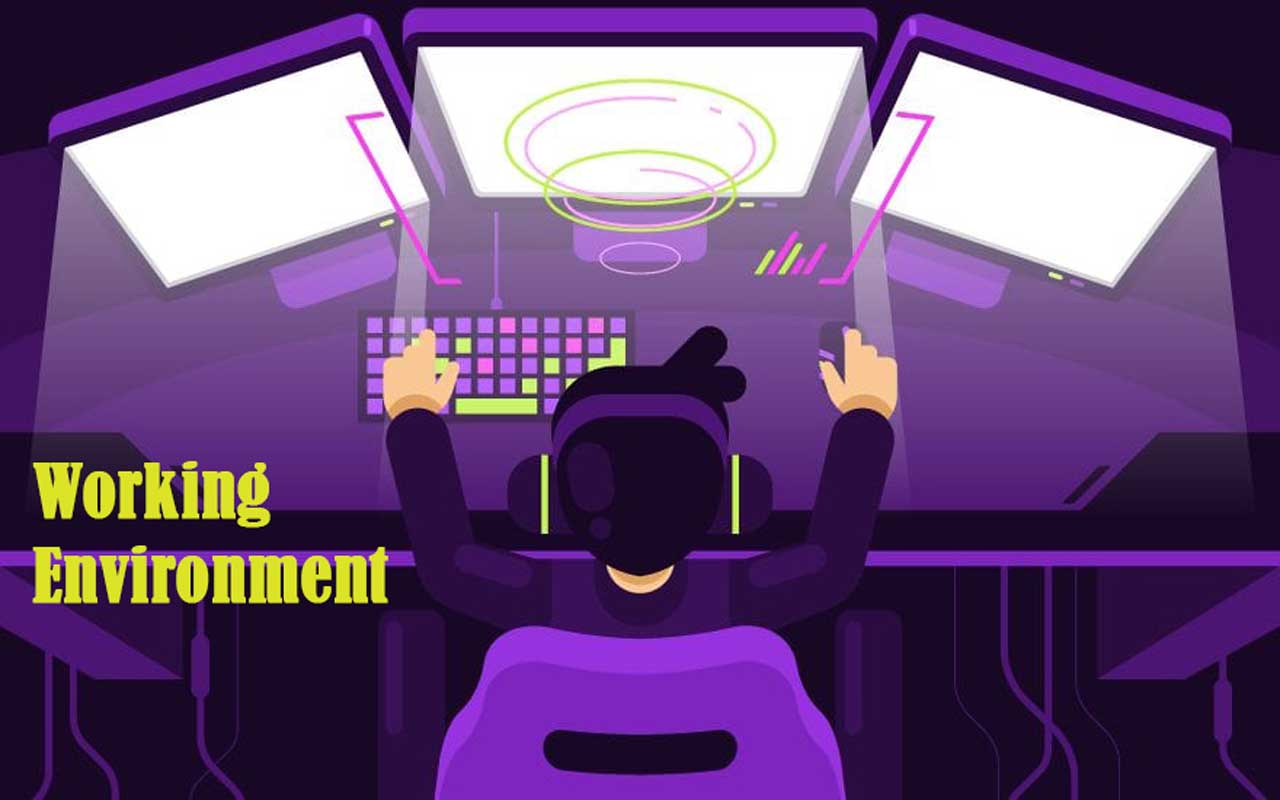
Video Game Director Qualifications
Certain needs are specific to the role of a game director. Some may differ from studio to studio, but most will be similar.
Regarding differences in distinct projects and choosing 2D or 3D animation, the following qualifications are what you can expect when talking about what a game director does:
Being Creative
The creative director’s responsibility is to ensure that all game elements, including text, sound, and graphics, are coherent and provide the exact “feel” that the director desires.
A creative director generally makes the game’s characters, plot, and other elements. The director must ensure the team’s performance and products align with their creative vision.
However, a creative director must also be able to mentor, motivate, and bring their team together to produce the desired work.
This implies that a creative director needs to have considerable industry and HR management knowledge.
Good at Schedule and Budget
A creative director is also responsible for managing the game’s budget and schedule and making essential and perhaps challenging decisions regarding those issues.
Good management abilities are a need because it is the director’s responsibility if a game is not completed on time and within budget.
However, knowing when to do so is a significant talent for a director (sometimes pushing a game back is preferable!).
The creative director must be able to make choices that aim to maintain the game within these limits, even if it means sacrificing creative vision.
Handling Publishers and Marketing
The video game director’s responsibility is to communicate with the publishers and the marketing team because the creative director usually comes up with the idea for the game.
They must also try to sell the game to executives and publishers not already working on the project.
The director must have strong interpersonal and commercial skills and be knowledgeable about the best markets for the game. Like any other skill, this one can be trained, and a skilled creative director will have spent a lot of time perfecting it.
Programming
Video game directors must have coding skills and experience with Java, C++, and Python.
An extensive understanding of development software suites is also needed.
Game coding is not a very challenging task. Numerous designed technologies, such as game engines, simplify the workflow of game programming. But you must be skilled in programming languages like C, C#, and C++.
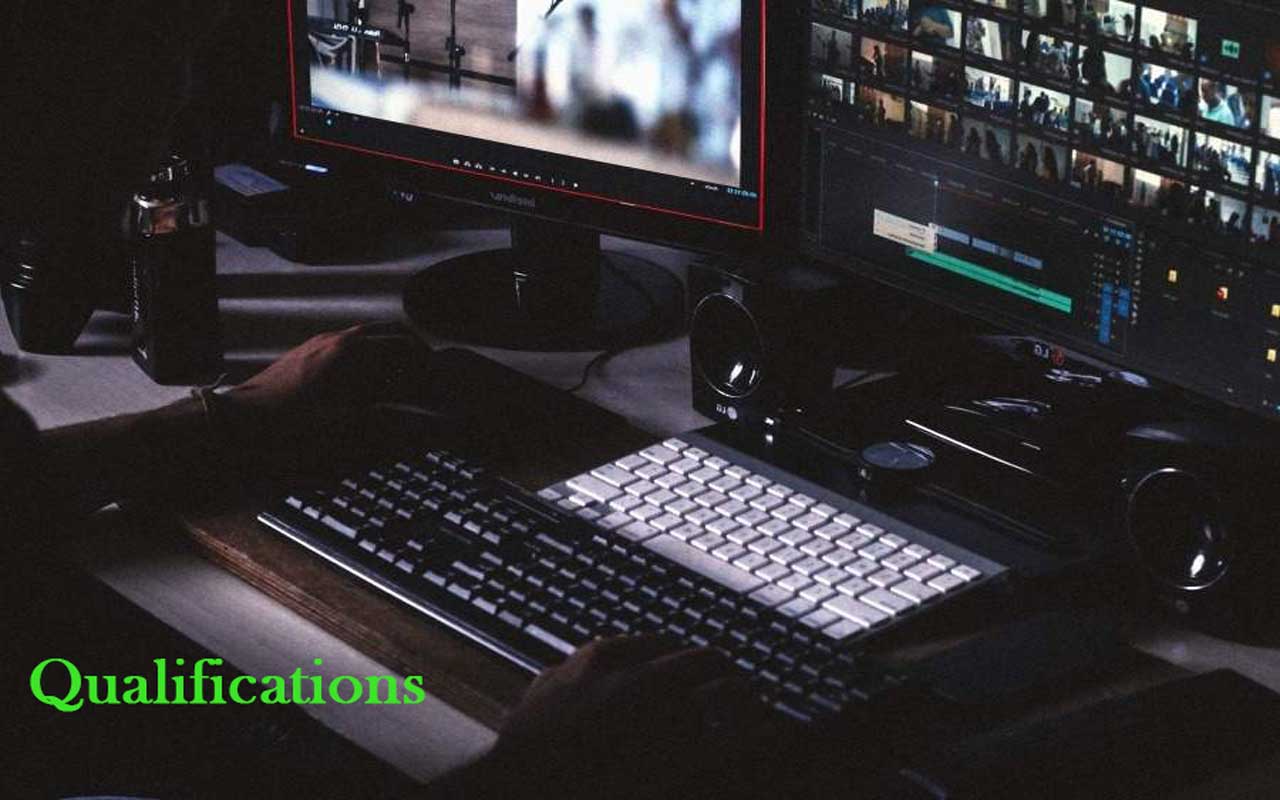
Game Director vs. Similar Roles
Except for the pay difference, this role is different from other positions like creative director, producer, or technical director.
- Like a creative director, a producer takes on organizational responsibilities but is not required to maintain the production processes, teams, and overall production goals.
- A technical director‘s role is typically more hands-on because it bridges the gap between organizational and hands-on coding.
- Ultimately, the game director is mainly in charge of the finished product rather than a specific step in the production process.
The key differences between the jobs are described here:
Director vs. Producer of a Video Game
A producer handles just the business aspects of production, including scheduling, interacting with financiers, and managing the money.
A game director would be involved in those areas and the game’s creative development.
Technical directors vs. Creative Directors of Video Games
A Technical Director is more personally involved with the game’s mechanics; their main concern is whether they support the title’s objectives.
Unlike the creative director, who has a broader monitoring role in production, they are responsible for only those parts.
Game Director vs. Creative Director
The main distinction between the two positions is that a game director sets a game’s budget and production timeline and makes essential choices.
The game director is responsible for the game’s success.
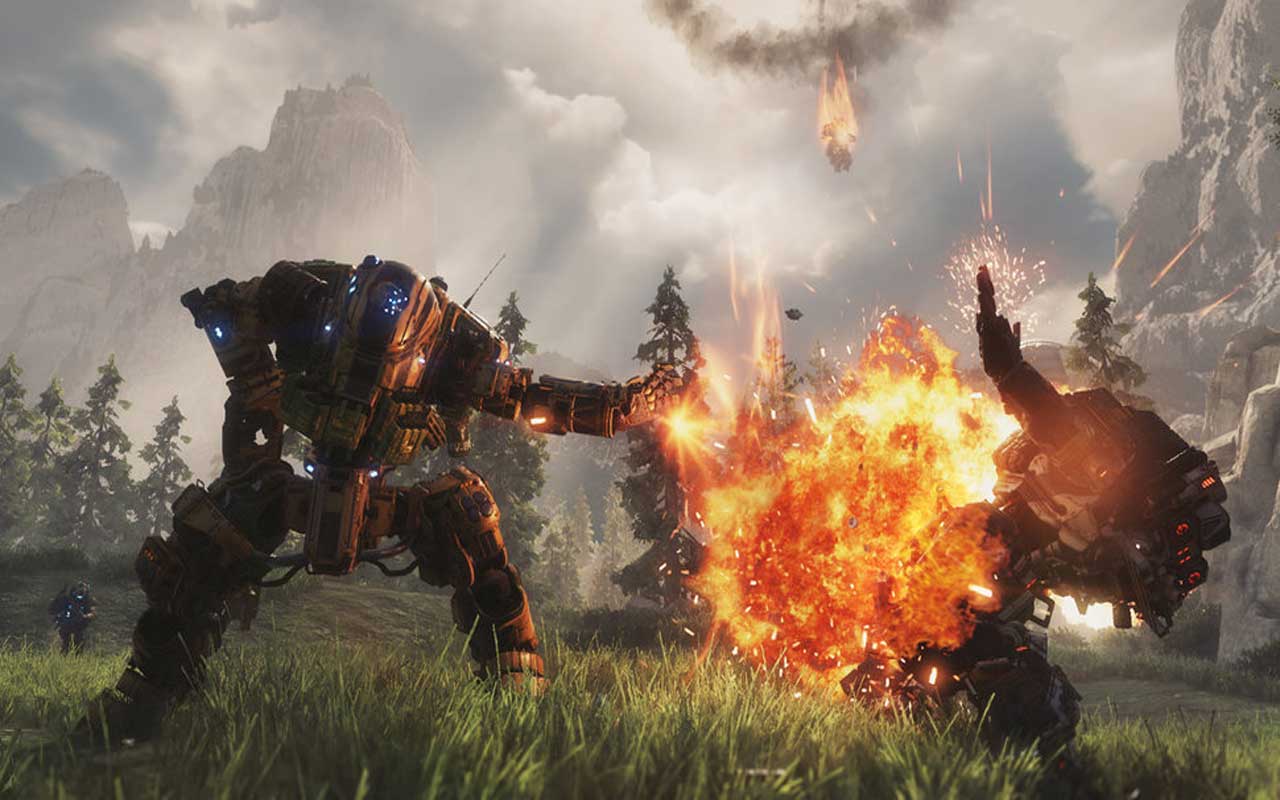
To Sum up
Many larger projects now have a game director, similar to the Hollywood approach.
The game director serves as the project’s creative lead and the final decider of what is and isn’t allowed in the game.
A game director drives video game creativity. Because their vision shapes and defines the game, they are comparable to a film director.
They develop a game’s overall road map with a group of game designers. The position of game director is frequently seen as a logical step after becoming a game designer.
Still, some directors have backgrounds in programming or the arts. If you want to know the qualifications for this role, this blog helps you out.
